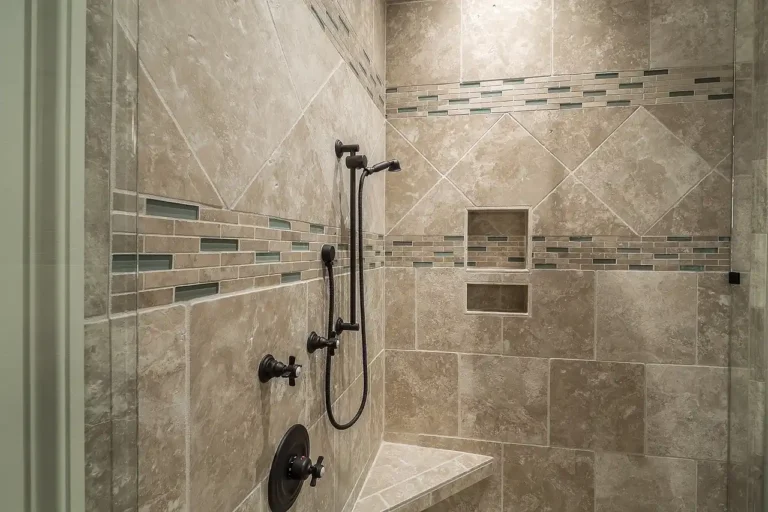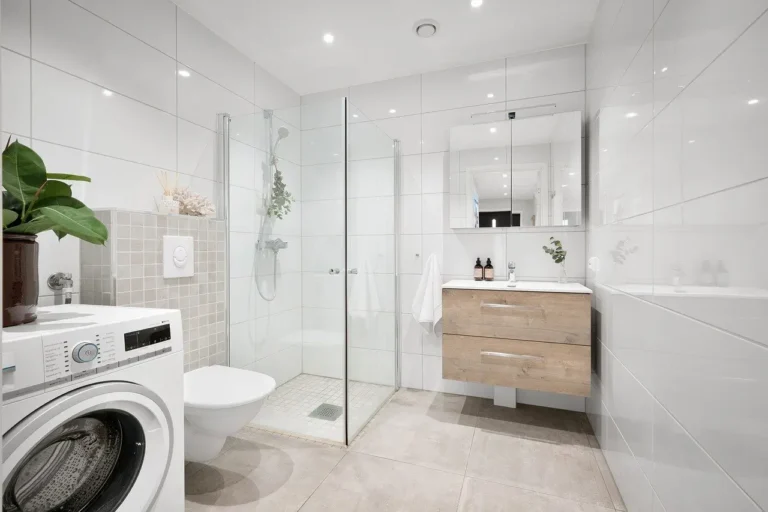Table of Contents
Home – Interior Design and Aesthetics
If you’ve recently tinted your windows or are considering doing so, you may be wondering: Can you use AC after tinting windows? It’s a common question, especially among those who want to optimize their car or home’s climate control. Tinting windows can drastically change how your space feels, but how does it affect the use of your air conditioning? In this article, I’ll dive deep into the relationship between window tinting and air conditioning usage, helping you understand how the two work together (or don’t) to create the optimal indoor environment.

What Happens When You Tint Your Windows?
Window tinting is not just for aesthetics; it serves practical purposes as well. Whether you’re tinting your home or your car, the primary goal is usually to reduce heat and glare, provide more privacy, and increase UV protection. Tinted windows block a significant amount of solar heat, which can impact the temperature inside your car or home.
When you tint your windows, you’re essentially adding a layer of protection that keeps UV rays from entering your space. This could lead to a more energy-efficient environment by reducing the amount of heat that enters the interior, especially during the summer months.
How Does Tinting Affect AC Usage?
So, can you use your air conditioning after tinting your windows? The simple answer is yes. However, the relationship between window tinting and AC usage is a bit more nuanced than that.
Benefits of Tinting Windows on AC Efficiency
- Reduced Solar Heat Gain: One of the primary benefits of tinted windows is their ability to block solar heat. Solar heat gain is the increase in temperature inside your space due to the absorption of heat from the sun. When you install tinting on your windows, you can block out a significant portion of that heat, reducing the need for your air conditioning to work as hard.
- Lower Energy Bills: Since tinted windows help regulate indoor temperatures by blocking heat, your air conditioning system won’t need to operate at full capacity. This leads to lower energy consumption, meaning you might see a reduction in your energy bills over time.
- Enhanced Comfort: The reduced heat coming through the windows means your indoor environment will stay cooler naturally, creating a more comfortable atmosphere. With less reliance on your AC, you may find that you’re not constantly reaching for the thermostat to adjust the temperature.
Can Tinting Windows Help Reduce AC Cooling Time?
Yes, tinted windows can reduce the time it takes for your AC to cool your space. This is particularly true in a car, where the sun can heat up the interior quickly. With tinted windows, your AC system doesn’t have to work as hard to reach a comfortable temperature, allowing it to cool the air more efficiently and reduce the strain on your AC unit.
Possible Concerns with Use AC After Tinting Windows
While tinting windows offers numerous benefits, there are some potential drawbacks that you need to be aware of:
- Tint Drying Time: If you’ve just had your windows tinted, you need to wait for the tint to fully cure before using AC or rolling down the windows. The installation process leaves the tint film slightly vulnerable during the first few days. Using AC immediately after tinting can cause moisture to get trapped between the film and glass, potentially causing bubbles or uneven tinting.
- Overcooling the Space: Tinting windows reduces the amount of solar heat entering the space, but using AC right after tinting might overcool the area, especially if your system is powerful. It’s important to find a balance and adjust your AC settings accordingly, ensuring that you don’t overcool the area.
Tinting Windows vs. Using AC: Is One Better Than the Other?
When deciding whether to rely on tinted windows or your AC for comfort, it’s important to recognize that these two are not mutually exclusive. In fact, window tinting and air conditioning can complement each other to create the ultimate comfort.
Learn How Has Computerized Design Improved Landscaping?
Pros of Tinting Windows:
- Reduces UV rays that can damage furniture, skin, and the interior of your car or home.
- Improves privacy by limiting visibility from the outside.
- Reduces glare, which makes driving or relaxing in your home more comfortable.
- Boosts AC efficiency by blocking out heat and reducing cooling time.
Cons of Tinting Windows:
- Initial Cost: The upfront cost of window tinting can be significant, depending on the type of tint and the number of windows.
- Curing Time: As mentioned, there’s a curing period where you need to wait before using AC or rolling down the windows.
- Limited Effectiveness: While window tinting blocks heat, it won’t make your space 100% cool. You’ll still need AC to fully regulate the temperature on particularly hot days.
Tech Specs to Consider When Choosing Window Tinting
When deciding on window tinting, it’s important to understand the various technical specifications that can affect your decision. These factors include:
- Tint Darkness: Window tints come in different levels of darkness, usually ranging from 50% (lighter tint) to 5% (darkest). The darkness level affects both privacy and the amount of heat blocked from the sun.
- UV Protection: Some window tints are designed specifically to block UV rays. A good quality tint can block up to 99% of UV rays, which helps protect your furniture and skin.
- Heat Rejection: Look for window tints that offer high heat rejection. High-quality tints can block as much as 70-80% of solar heat, which can improve both your comfort and energy savings.
Comparison Table: Types of Window Tints
| Feature | Dyed Film Tint | Metalized Film Tint | Ceramic Film Tint | Hybrid Film Tint |
| Heat Rejection | Low | Medium | High | Medium |
| UV Protection | Moderate | High | Excellent | High |
| Cost | Low | Medium | High | Medium |
| Durability | Low | High | Excellent | High |
Recommendations for Best AC Performance Post-Tinting
- Allow Full Curing Time: After tinting, ensure that the windows are given enough time to cure before using your AC. This helps avoid moisture build-up and ensures the tint adheres properly.
- Use a Moderate AC Setting: With tinted windows, your space will naturally stay cooler, so avoid cranking the AC too high. Instead, adjust the settings to maintain a comfortable, stable temperature.
Opt for High-Quality Tint: If your goal is to optimize AC performance, consider investing in ceramic window film for superior heat rejection and UV protection.
Popular Questions
Can I use my air conditioner right after getting my windows tinted?
t’s recommended to wait at least 48 hours for the tint to cure before using AC to avoid damage to the tint.





